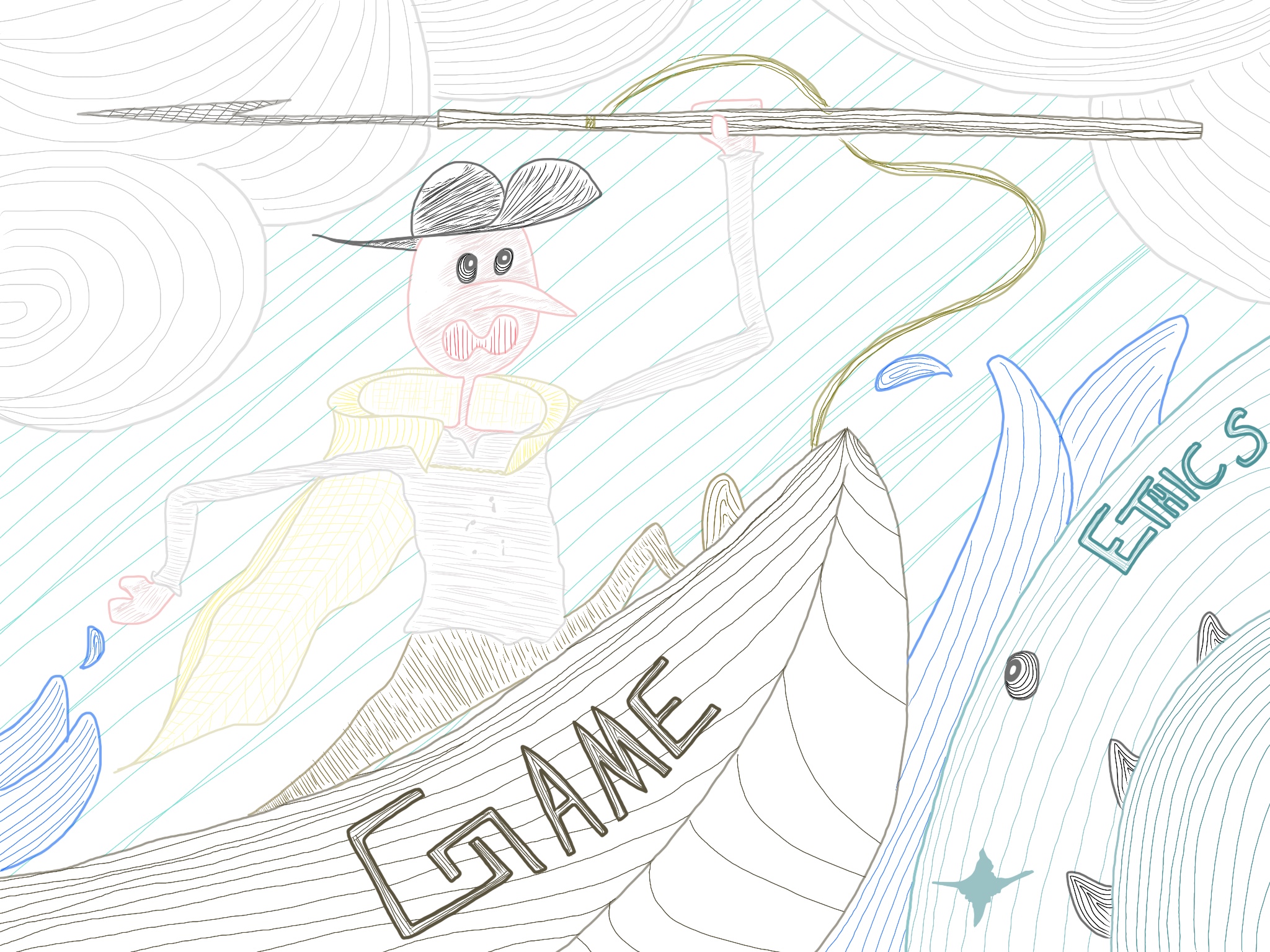
![]() In Arabic, and probably in other cultures also, people state that if you want to get ahead in a system, be it your job, a governmental bureaucratic ladder, politics, or even your social status, to get ahead in any of these fields and more, people stated that I had to “play the game”. “The game” being the hidden interrelations and unseen bonds that govern that system. And “play” meant finding loopholes and/or hacks in those unseen bonds and interrelations to get what I want in the quickest way possible, basically trying to find a way to trick the system. And needless to say, “playing the game” in that described manner is sure to take the “player” to dark and unsavory places.
In Arabic, and probably in other cultures also, people state that if you want to get ahead in a system, be it your job, a governmental bureaucratic ladder, politics, or even your social status, to get ahead in any of these fields and more, people stated that I had to “play the game”. “The game” being the hidden interrelations and unseen bonds that govern that system. And “play” meant finding loopholes and/or hacks in those unseen bonds and interrelations to get what I want in the quickest way possible, basically trying to find a way to trick the system. And needless to say, “playing the game” in that described manner is sure to take the “player” to dark and unsavory places.
Between that definition, and what adults (generations from the pre-electronic games revolution) came to define gams as, games and play have a bad reputation as either unethical practices, or kiddie pastimes and a waste. Of course that second accusation is slowly subsiding with the “kiddies” now being the adults and decision makers, but what of the first accusation? Is playing a game, or being labeled a player really a red flag or a sign of dishonesty?
“What are you talking about? Of course not!” Many of you might say. And of course many of us gamers know the answer to that. Because we do not define “Games” and “Playing” the way it was defined at the beginning of this article…
However, there are two points to be made here:
One is that what people outside the gaming spectrum think can greatly influence the advancement and the state of the medium as a whole in a locality. Especially if those people are decision makers.
Two is that, contrary to the belief of many gamers, being a player is defined as being cunning, or even “evil”. Well, maybe evil is too strong a word, but, what is normally associated with being a player?
In her book, Reality is Broken, Dr. McGonigal illustrates the types of work a player in a game usually undergoes. That work includes, among other types: Creative Puzzle Solving, which essentially means finding a work-around to problems that stands in your way in a game, meaning the players has to think outside the box. Couple that with the player’s impulse to almost never follow narrative (jumping on tables, and hitting NPCs during cutscenes comes to mind), and also how widespread mods and cheats are in online games for example and you have an individual that is geared towards getting what they want, when they want, at all costs.
Doing what one wants and working towards that is indeed admirable, but as the title of this article suggests, is there a limit to how far a person, “a player” is willing to go in order to get what they want? Does the end justify the means? And, as the players are the hardheaded unyielding characters they seem to be, does that type of character ultimately cheats his/her way through life?
Simply put: Is there a correlation between how much of a gamer a person is and how they behave in real life?
Astounding research has been complied towards answering that question, and the answer is yes in most of those findings. However while most research is focusing on violent behavior and how it is related to games, our question does not ask if a person is violent or not, it asks wether or not the gamer is ethical or not…
Hopefully an answer to that question will present itself soon…


Recent Comments